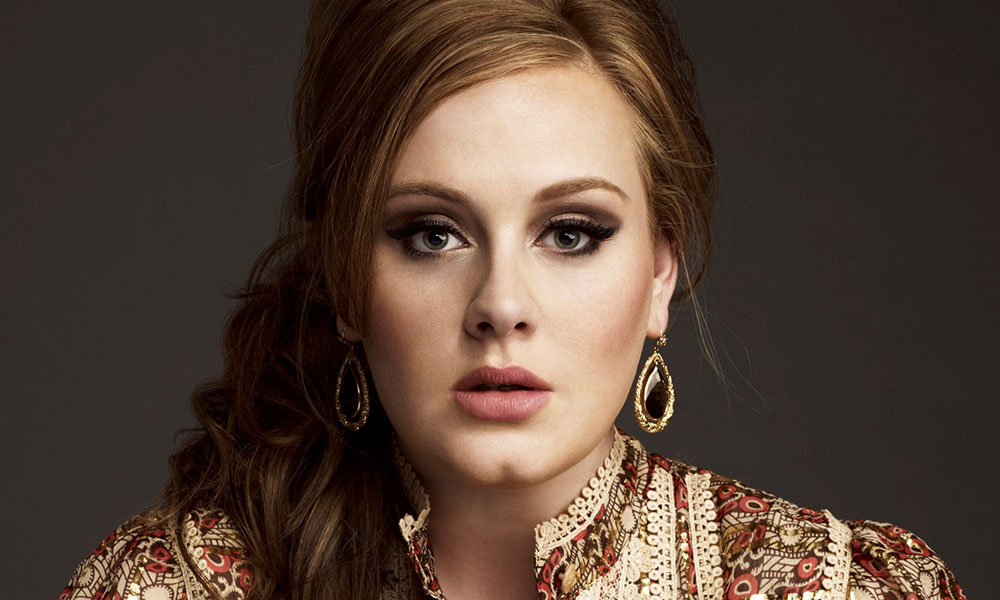
Indie Labels Square Off With YouTube on Royalties
Trade groups representing the independent music industry globally and in the United States say the Google-owned video network is abusing its market power to push their bands off the network—unless they accept unfavorable terms for a new Spotify competitor.
OK music fans, what do these three videos have in common?
We’ll give you a second to watch …
…
All right, time’s up. All three songs are lead singles on albums that went to the top of the charts in the U.S. All three have more than 2 million views on YouTube (in the case of Adele’s “Rolling in the Deep,” it’s half a billion). And all three artists could find their videos off YouTube in parts of the world in coming weeks.
That’s because Adele, Vampire Weekend, and Jack White are all signed to XL Recordings, one of the world’s largest indie record labels and a member of the American Association of Independent Music (A2IM), one of the trade groups caught in a high-stakes battle with YouTube over royalty rights for an upcoming streaming music service.
And to make things even more confusing, it may not even be consistent—see, White and Adele are signed to XL worldwide, but they’re signed to major label Columbia in the U.S. That means British fans could be shut out, but American fans won’t have any problems.
In case this sounds complicated, it is. Here’s an explainer.
YouTube Expands its Reach
As Adele’s massive view count implies, YouTube clips are big business for the music industry—partly because record companies receive royalties each time a song is played on the social network. The royalties are paid for through advertising.
In recent weeks, however, rumors have surfaced that YouTube wants to leverage the huge popularity of music clips into a service that competes with Spotify and Beats Music. The service would reportedly charge users a monthly fee, but it wouldn’t have ads like YouTube clips do. And the songs wouldn’t necessarily be coupled with music videos, either.
While the Google subsidiary has reportedly struck deals with most of the major labels, indies such as XL, Merge, and Matador Records—all of which count chart-topping bands on their rosters—have reportedly been pressured into accepting smaller deals with less favorable terms. And they’ve balked, leading YouTube to threaten to take down their songs.
This week, YouTube’s global head of content and business operations, Robert Kyncl, essentially confirmed the music service strategy—and said indies that did not agree to YouTube’s terms would find themselves off the service entirely, even the free one.
“While we wish that we had a 100 percent success rate, we understand that is not likely an achievable goal, and therefore it is our responsibility to our users and the industry to launch the enhanced music experience,” Kyncl told the Financial Times (subscription).
Associations Push Back
The plan’s high stakes have led A2IM and other music-industry groups, such as the globally focused Worldwide Independent Network (WIN), to get involved.
In a response to Kyncl’s comments, WIN CEO Alison Wenham minced no words on her trade group’s take on the issue.
“We have tried and will continue to try to help YouTube understand just how important independent music is to any streaming service and why it should be valued accordingly,” she told The Guardian, noting that similar services, such as Spotify and Deezer, don’t discriminate against independent labels.
WIN has been making its case for months, most recently filing a formal complaint with the European Commission and holding a news conference at which another prominent indie artist, Billy Bragg, ripped YouTube for “shooting themselves in the foot with their attempt to strong-arm independent labels into signing up to such low rates.”
WIN subsidiary A2IM, meanwhile, filed a formal complaint with the U.S. Federal Trade Commission. “If this threatening and intimidating behavior does not stop, the implications are very serious, not only for the music industry, but for all creative and rights-based industries,” the group wrote in its letter (PDF).
Google, in a statement released to Gizmodo on Tuesday, said most labels are buying into the YouTube deal, despite the arguments from the trade groups, adding: “We are excited that hundreds of major and independent labels are already partnering with us.”
High-flying British superstar Adele could be one of the artists in the doghouse with YouTube. (XL Recordings)






Comments